|
According to The Asahi Shimbun, Japan’s first facial authentication ticketing system for public transportation was introduced here, allowing commuters to simply scan their faces to use buses and trains, officials said.
The system was established on the Yamaman Yukarigaoka Line transit system and the Yamaman Community Bus network, which both serve the Yukarigaoka New Town urban development project in Sakura. Yamaman Co., the Tokyo-based developer of the Yukarigaoka area, also operates the train line and the bus network. Company officials said users must register their facial data and credit card information on a special-purpose website or elsewhere in advance. They can then board a train or a bus by having their face recognized by a tablet device installed at ticket gates. https://www.asahi.com/ajw/articles/15320948
0 Comments
According to The Jiji News, restaurant sales in Japan in June climbed 12.4 pct from a year before, reflecting a rise in the number of people going out due to the late start of this year's rainy season, industry data showed.
Robust demand from foreign visitors to Japan also pushed up overall sales, according to the Japan Food Service Association. https://sp.m.jiji.com/english/show/34480#goog_rewarded
According to The Australian Financial Review, Japan’s sixth-largest electricity retailer, Chugoku Electric, is close to selling its 10 per cent stake in NSW’s Boggabri coal mine, in the latest sign the biggest consumer of Australian thermal coal wants out of the local mining industry.
The Boggabri mine would be valued at more than $1.1 billion if the sale of Chugoku’s 10 per cent stake is completed on the terms anticipated in documents filed with the corporate regulator. Chugoku told the Australian Securities and Investments Commission that the transaction with an unnamed suitor was sufficiently progressed to warrant the stake being recorded as an “asset held for sale” valued at $111.1 million. Boggabri mostly produces thermal coal for power generation and is 80 per cent owned by fellow Japanese company Idemitsu, with Nippon Steel owning the other 10 per cent. https://www.afr.com/companies/mining/japan-s-chugoku-puts-its-share-of-1-1b-boggabri-coal-mine-up-for-sale-20240724-p5jw3q
According to The Australian Financial Review, shareholders in Genex Power have given a resounding all-clear for the $380 million takeover of the company by J-Power, sending the country’s only listed pure-play renewables developer into Japanese hands.
Almost 95 per cent of votes cast by Genex shareholders were in favour of the 27.5¢-a-share scheme offer, comfortably beating the 75 per cent minimum required. J-Power, known formally as Electric Power Development Co., is one of Japan’s largest energy utilities and already holds about 14.6 per cent of Queensland-based Genex under an off-market takeover offer it was running in parallel with the scheme of arrangement process. Genex’s biggest project is the 250-megawatt, eight-hour Kidston pumped hydro storage venture being built at the site of an old gold mine near Townsville at a cost of $777 million. The Tokyo-based firm is also a partner in two projects with Genex, a 258 MW wind farm expansion at the Kidston site near Townsville and the 2-gigawatt Bulli Creek battery and solar project west of Toowoomba. https://www.afr.com/companies/energy/genex-to-depart-asx-after-investors-back-j-power-takeover-20240715-p5jtvy
According to The Australian Financial Review, new apartment and townhouse starts fell to an 11-year low over the four quarters to March, prompting building and infrastructure groups to list union pay and condition agreements among the rising costs and hurdles holding back the development of much-needed housing.
Dwelling commencements for attached homes dropped 5.5 per cent from the December quarter to 14,253, cutting the total over the year to March to 59,783 – the weakest since September 2012 – new Australian Bureau of Statistics figures showed. https://www.afr.com/property/residential/apartment-starts-fall-to-11-year-low-20240717-p5juf1
According to The Jiji News, Japan's trade deficit halved in the first half of the year from a year before as a weaker yen helped to lift exports of automobiles and semiconductor-related items, the Finance Ministry said.
The country posted a customs-cleared trade deficit of 3,234.5 billion yen for the six-month period, down 53.7 pct from a year before, the Finance Ministry said in a preliminary report. The dollar rose 12.5 pct to 150.89 yen during the period. Exports rose 8.8 pct to 51,516.9 billion yen. Vehicle exports climbed 13.9 pct, led by hybrid vehicles to the Unites States. Imports inched up 0.8 pct to 54,751.4 billion yen. Imports of coal and liquefied natural gas fell, while those of personal computers and aircraft from the United States increased. https://sp.m.jiji.com/english/show/34320
According to The Jiji News, the number of merger and acquisition cases involving Japanese companies in January-June jumped 19.4 pct from a year earlier to 2,321, the highest level since records began in 1985, according to M&A data service provider Recofdata Corp.
The result reflected a recovery of coporate structural reforms and overseas acquisitions from the COVID-19 crisis, a Recofdata official said. https://sp.m.jiji.com/english/show/34315#goog_rewarded
According to The Australian Financial Review, Fortescue will cut 700 jobs and slow its push into green hydrogen in a blow to the Albanese government’s plan to make Australia a hydrogen superpower supported by more than $8 billion of taxpayer-funded incentives.
Fortescue chairman Andrew Forrest said low carbon “green” hydrogen still had a bright future, but his immediate focus would shift to renewable electricity as he jettisoned a target for Fortescue to produce 15 million tonnes of green hydrogen by 2030. Dr Forrest said lower energy prices were the priority for world leaders at a time when war in Ukraine and the Middle East had roiled commodity markets, driven up the cost of energy and challenged the economics of hydrogen, which is more expensive than natural gas. https://www.afr.com/companies/mining/fortescue-puts-hydrogen-on-backburner-with-700-jobs-cut-20240717-p5jufj
According to The Australian Financial Review, the number of millionaires will grow by 21 per cent in the next four years as surging home values, superannuation balances, and gifts and inheritances push Australians up a global ranking to become the second-richest people in the world on paper.
The average Australian’s wealth grew by nearly 10 per cent in 2023, more than twice the average rate of the other 56 countries studied as part of the 2024 UBS Global Wealth Report. Median wealth, considered a more accurate measure of wealth than the average because it is not so easily skewed by the few mega-wealthy, also grew at about 5 per cent, making Australian adults the second-wealthiest in the world, with a median wealth of $US261,805 ($388,192). https://www.afr.com/wealth/personal-finance/australia-will-have-400-000-new-millionaires-by-2028-are-you-one-of-them-20240709-p5jsbh
According to The Australian Financial Review, the average new owner-occupier home loan is at $626,055 nationally, hitting a record high nationally, as the growth housing markets of Perth, Brisbane and Adelaide surge higher, according the latest official lending figures.
Owner occupier loans sizes are all-time highs in Queensland ($586,627), South Australia ($541,775) and Western Australia ($538,860), according Australian Bureau of Statistics data on finance commitments for May. The largest average new owner-occupier mortgage remains in NSW at $767,584, which is nevertheless below the peak in that state of $803,235, set in January 2022. In Victoria, where Melbourne’s housing market is weak, the average new loan size fell to $601,891 and is well below the peak of $651,364 two years ago. https://www.afr.com/property/residential/home-loan-size-hits-record-626-055-as-perth-brisbane-power-up-20240708-p5jrw8 |
Subscribe to our English Newsletter
AuthorHarry Kinase Archives
December 2023
Categories
All
|
Getting Around
Home | About us | Our Services | Column | Blog | Contact | Website term of use
Subscribe to our English Newsletter
|
|
日本語ニュースレター配信登録
© Japan Australia Business Creators Pty Ltd | All Rights Reserved. Website designed and developed by Japan Australia Business Creators Pty Ltd.


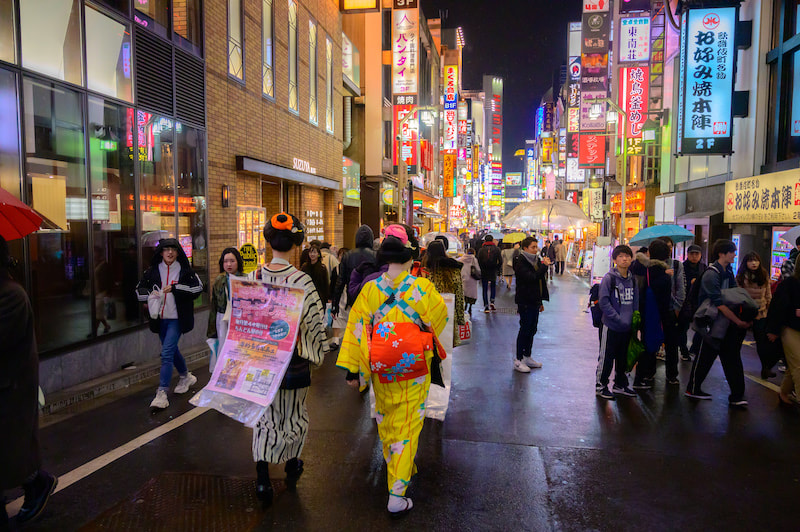
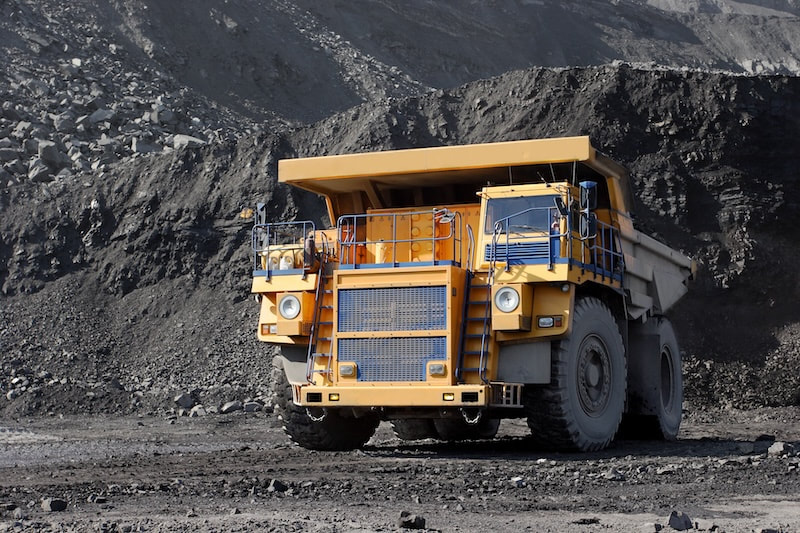

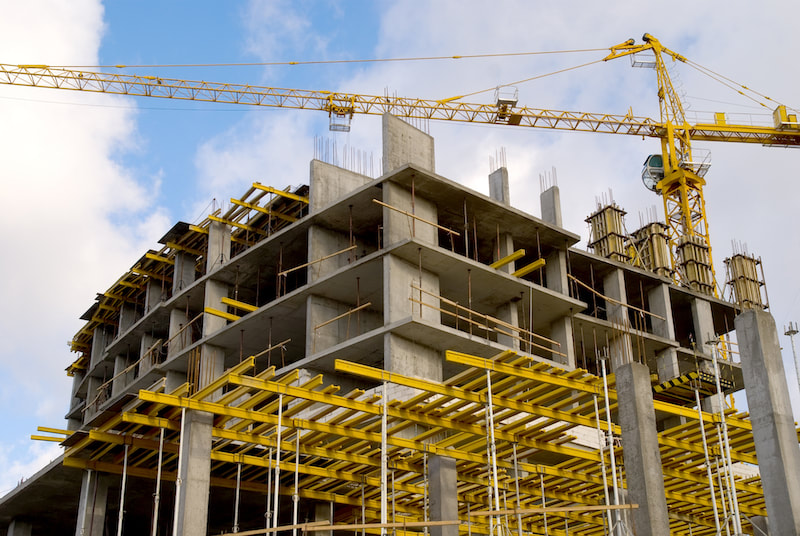



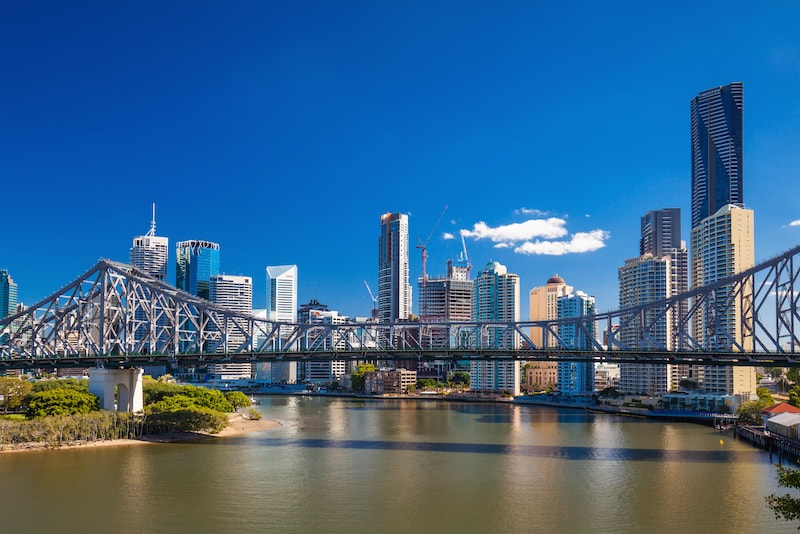

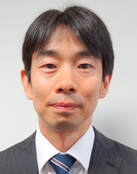
 RSS Feed
RSS Feed